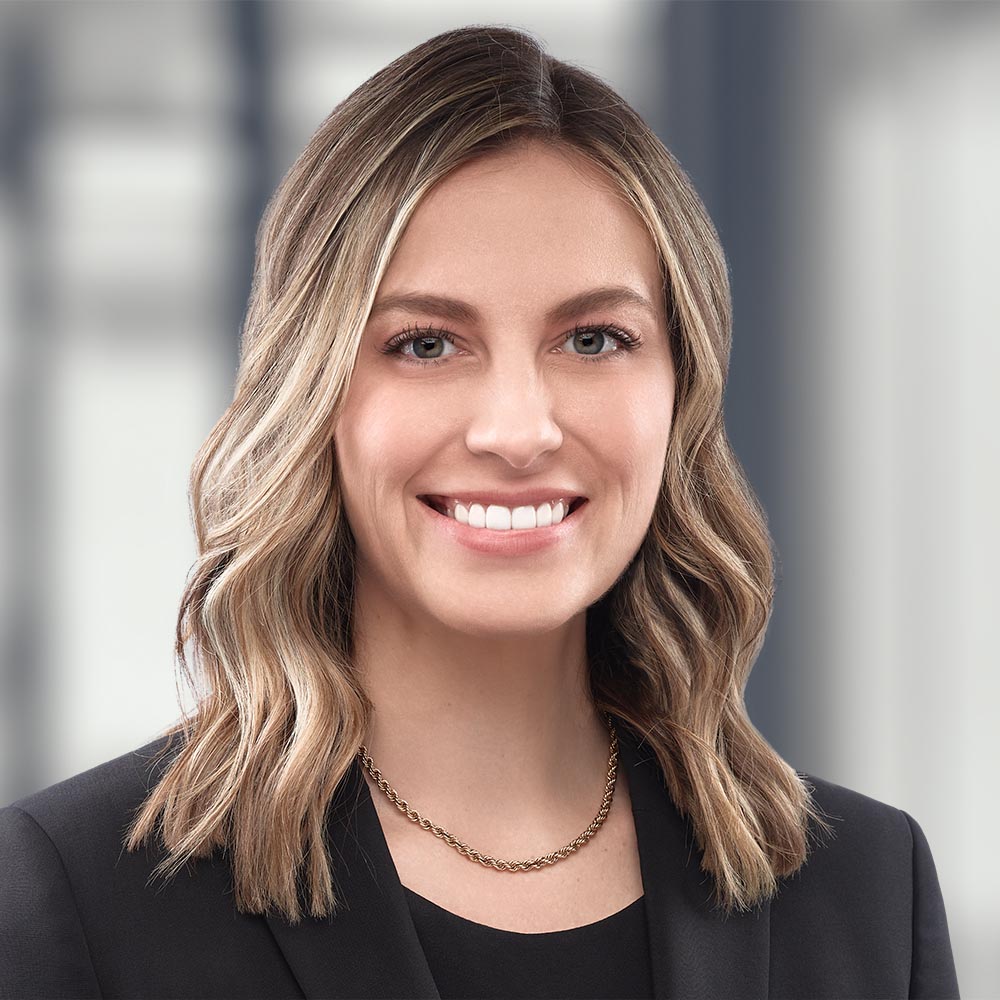Speakers
In this first video, Lauren Hulme and Nick Germanakos provide a brief introduction to the video series, followed by a discussion of preliminary fund formation considerations when developing a strategy and targeting investors. They discuss important considerations including:
- how a fund strategy should reflect experience and intended investor base; and
- where investments should be based, the number of investments to hold, the total enterprise value range and how much to raise relative to portfolio construction.
Play the video above to watch the informal discussion and watch the next episode of our first-time funds series on fund structures.
Click here to visit the main First-time Funds Series page.
Lauren Hulme (00:04): Welcome to our First-time funds video series. I'm Lauren Hulme, partner in our private funds group here at Torys. We're delighted that you're joining us for what we hope you will find to be a very interesting series of videos that discuss first-time fund considerations. We are really aiming this video series at those folks thinking about launching your very first fund for the very first time.
I am joined here by my colleague, Nick Germanakos, who is an associate in our private equity group. Nick has worked on various types of private equity-related transactions. The video series features 20 of our lawyers who specialize in private market funds. We at Torys act for clients on both sides of a private market funds transaction, general partners or fund sponsors who are forming and raising a fund, as well as investors or limited partners who are investing in those funds.
We include dedicated private market funds associates, counsel and partners, and we're located across the Torys offices in Toronto, Montréal, Calgary and New York. This video series is aimed, as I mentioned, at new and emerging fund sponsors who are raising capital largely for the very first time from friends and family investors, and perhaps supplementing the raise with capital from angels or other high net-worth individuals.
And to give you a comprehensive view of the market. We also address in this video series some topics that you may not encounter immediately when you're launching that initial fund, but will certainly come up in future years and future fund raises as you develop and grow as a fund sponsor. This will help you understand market terms and documents that will set you up going forward. So with all that in mind, let's dive into the first topic of this series, which is developing a strategy and targeting investors. Nick, can I turn it to you to kick things off?
Nick Germanakos (01:57): Great. Thanks so much, Lauren. So you've decided you want to go out there and start your own fund. First of all, congratulations! An exciting road lies ahead. One of the first considerations you'll want to think about is the strategy that your fund is going to deploy. The strategy should align closely with your particular expertise and also what your investors might expect from you, given your background and experience.
The better your experience aligns with the strategy that your fund is going to have, the more confidence your investors will have in your ability to execute on that strategy. Our advice would be to be as specific as you can be with respect to your strategy. So if you're going to be a venture fund, for example, will you be focusing on the health care space or in life science businesses, or perhaps you're going to be a buyout fund? Will you be focusing in mid-market companies in Canada, across North America? There are a number of different fund strategies available out there. They include real estate, venture, buyout, as I mentioned. It's important to be specific when settling on your fund strategy.
Once you've chosen your fund strategy, you should start to begin to think about your portfolio construction. This means thinking about questions like: Where will the portfolio investments be located? Will they be exclusively in Canada? Will they focus in North America? Will you want to be able to invest globally? Will there be a certain percentage of investments that you're allowed to invest outside of North America? For example. Another question is how many investments will the fund hold? Will you be making a large number of very small investments, or will you be making a very small number of high-quality investments that you have a lot of conviction and faith in? This also leads into questions about what will the total enterprise value of the portfolio companies you're targeting be? Investors invest in a fund in part for diversification.
So they often like to see that a fund will hold multiple investments instead of being too concentrated in just a few. Thinking about how much you want to raise and how many different investments you expect to hold is a very helpful thing to consider early on. In parallel to thinking about your portfolio construction, you should also be thinking about your investor base. Where will you be offering interests in your fund? Securities law considerations are engaged right at the outset here, and depending on what jurisdictions you’re in, different securities laws will apply. We cover country specific securities law questions in the 10th video of our series. In addition, the location of investors as well as the type of assets drives fund structuring. This is often a very tax driven discussion and we delve into this a little bit, the structuring of these funds in the second video of this series.
Lauren Hulme (04:32): So first-time friends and family funds are largely unnegotiated in respect of the governing documents. But as you expand your investor base and look to bring in other sophisticated investors, maybe even institutional investors, they will more likely than not look to negotiate the fund governing documents and potentially also ask for their own side letter agreement. The more an investor negotiates, the more complicated the fund formation and fund raise generally becomes.
Nick Germanakos (05:02): And don't forget that your investors will also need to be accredited investors, given that this is a private fund. Also, bear in mind that high net-worth funds or retail funds primarily comprised of individual investors, a hot trend right now. In the 11th video of this series, we delve into the topic of retail funds, and how funds are attracting and setting up their structures in order to accommodate these high net-worth retail investors.
Lauren Hulme (05:30): Thanks, Nick. We hope this video helps you understand and get your head around some of the key preliminary considerations when you're looking to launch your first friends and family fund. This is really just a taste of what's to come in our video series, so be sure to check out our full complement of insights at www.torys.com. Please do reach out to us with any questions, Nick, myself, or anyone else on the Torys team. We hope you enjoy the series.
To discuss these issues, please contact the author(s).
This publication is a general discussion of certain legal and related developments and should not be relied upon as legal advice. If you require legal advice, we would be pleased to discuss the issues in this publication with you, in the context of your particular circumstances.
For permission to republish this or any other publication, contact Richard Coombs.
© 2026 by Torys LLP.
All rights reserved.
Subscribe and stay informed
Stay in the know. Get the latest commentary, updates and insights for business from Torys.
Stay in the know. Get the latest commentary, updates and insights for business from Torys.
Subscribe Now

